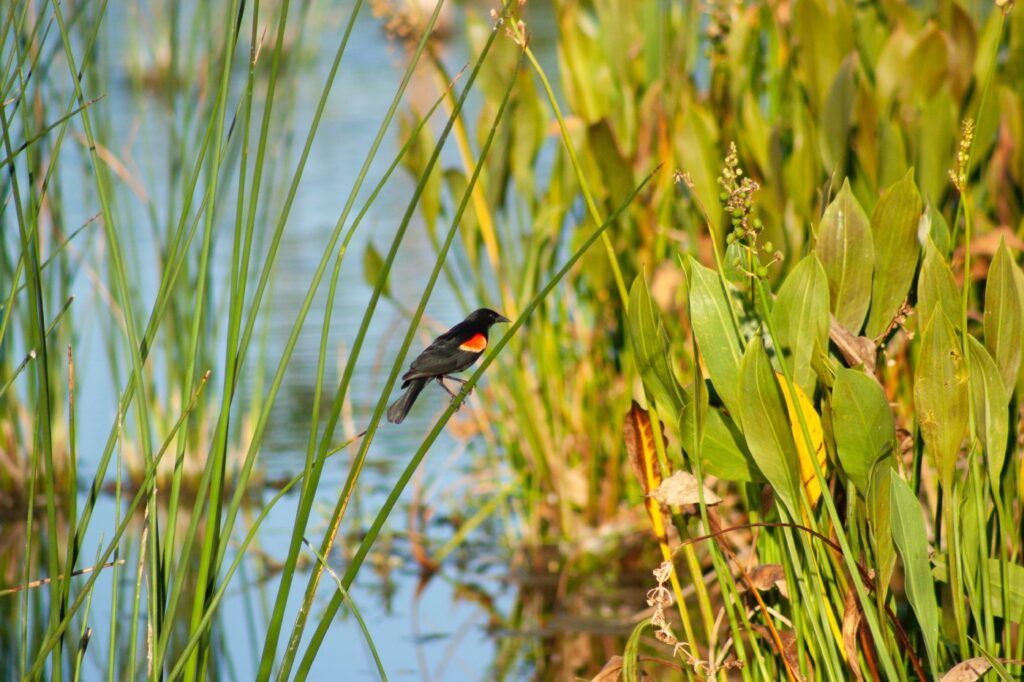Given their value, wetlands require a coordinated integral ecological approach among the Emblematic Communities of the Mediterranean Diet.
Humanity in the 21st century has an arduous task to accomplish: trying to re-establish harmony with all living beings on Earth, by recovering the philosophy of common well-being that seems to have been dangerously abandoned by modern man.
The current level of anthropization has no equal in history and has proportionately affected the soil and the sea, society and biodiversity, implementing a boomerang effect that returns to humanity the same level of damage and imbalance that we have generated in the outside world.
Less biodiversity naturally means less food diversity, fewer nutrients in the soil, less nutrient food, less micronutrients for mankind. On the contrary, preserving and valuing the natural ecosystem maximizes ecosystemic services, water quality, soil stability, carbon sinks, which in turn, disseminate human well-being, social cohesion, and economic prosperity.
Yet, if in recent years there has been a great increase in awareness about climate change, the same cannot be said about the role played by wetlands.

